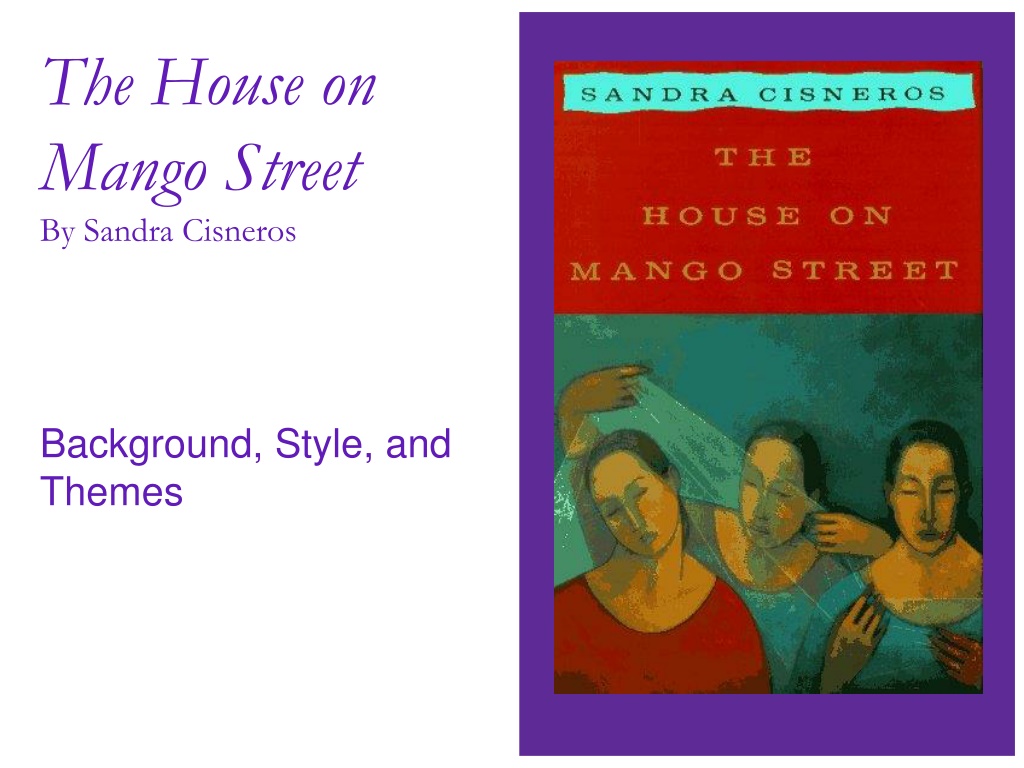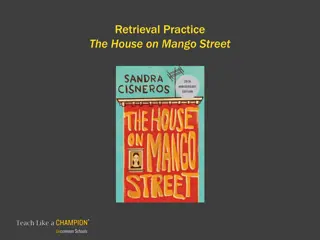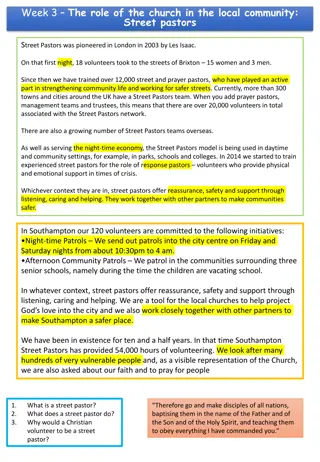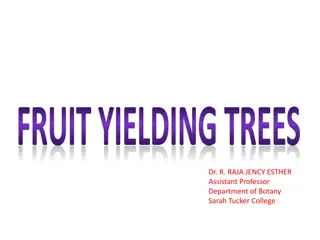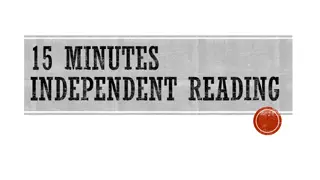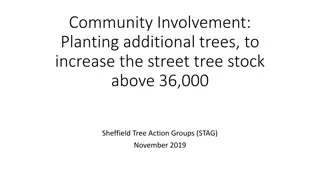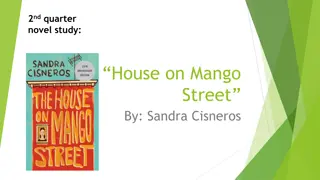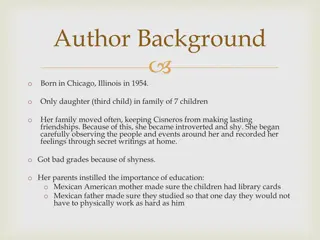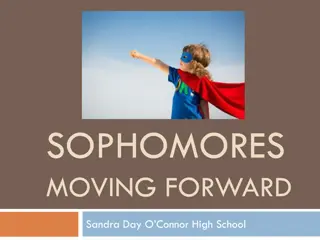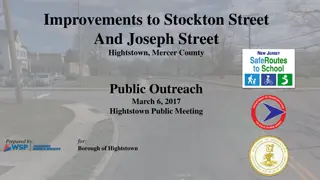Understanding "The House on Mango Street" by Sandra Cisneros
Sandra Cisneros' novel "The House on Mango Street" tells the story of Esperanza, a Mexican-American girl growing up in Chicago's poverty-stricken south side. Through interconnected vignettes, Cisneros explores themes of identity, family, and coming of age, using vivid language and powerful descriptions to depict Esperanza's struggles and growth. The book's style of vignettes allows for a deeper exploration of characters and settings, capturing the essence of Esperanza's experiences as she navigates the complexities of her environment and heritage.
Download Presentation

Please find below an Image/Link to download the presentation.
The content on the website is provided AS IS for your information and personal use only. It may not be sold, licensed, or shared on other websites without obtaining consent from the author. Download presentation by click this link. If you encounter any issues during the download, it is possible that the publisher has removed the file from their server.
E N D
Presentation Transcript
The House on Mango Street By Sandra Cisneros Background, Style, and Themes
Sandra Cisneros Born 1954 in Chicago Addresses issues of Hispanic American women House on Mango Street was first novel Based novel on her personal experiences and people she knew
The House on Mango Street Tells the story of Esperanza who is struggling to grow up in Chicago's poverty-stricken south side as a Mexican-American, young woman Bildungsroman: coming of age Told in short, interconnected chapters Relies on lyrical narratives, vivid dialogue, and powerful descriptions Written in vignettes
Style: Vignette Short scene that focuses on one moment or gives insight into a character, idea, or setting Does not have a plot which would make it a short story, but it does reveal something about the mood and tone. Has a theme or central idea of its own and describes a specific event or character that is important. Cisneros attempts to reveal the life of a young girl, a daughter of Mexican immigrants, growing up in the inner city of the United States.
Terms and Literary Devices Simile: comparison using like or as Metaphor: comparing two seemingly not alike things without using like or as Imagery: visually descriptive or figurative language Theme: a central idea in a text Personification: giving inanimate object human-like qualities Alliteration: the repetition of similar consonant sounds within a phrase or sentence.
Terms and Literary Devices Tone: an attitude of a writer toward a subject or an audience Can be formal, informal, serious, comic, sarcastic, sad, and cheerful (etc.) Mood: certain feelings or vibes evoked in readers through words and descriptions Indirect Characterization: showing the character's personality through speech, actions and appearance. Dynamic Character: a character who changes throughout the novel
Terms and Literary Devices Static Character: a character who remains the same throughout the novel Bildungsroman: a coming of age story (German) Double Consciousness: describes the individual sensation of feeling as though your identity is divided into several parts, making it difficult or impossible to have one unified identity (W.E.B. DuBois) Gender Roles: the public image of being a particular gender that a person presents to others
Identity Community / Neighborhood Freedom / Growth Fitting In Coming of Age Home / Belonging The American Dream House on Mango Street Themes
Add these themes to your notes! Maintaining a double identity or double consciousness The power of art to Additional Themes transform lives The influence of socioeconomic status The influence of gender roles
Character List Esperanza Cordero Rachel and Lucy Sally Nenny Marin Papa and Mama Alicia http://www.youtube.com/wat ch?v=0Pyf89VsNmg (story)
Classroom Rules and Expectations 1. You are responsible for keeping up with your playlist and turning in assignments due at the end of each week. 2. You are responsible for meeting due dates and reading this novel (you may ask teacher or peers for help but the task is yours to complete) 3. You are responsible for taking quizzes and turning in assignments NO MATTER WHAT (absences are not excuses) 4. You will receive daily participation grades. Being off task will result in points lost. Sleeping and/or playing around is NOT an option; there is ALWAYS something you can be doing!
